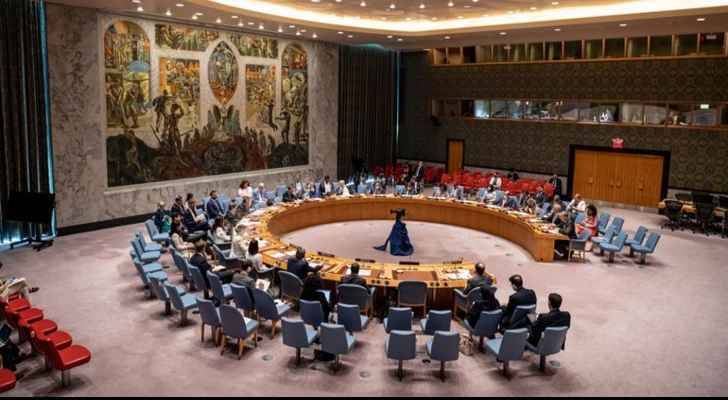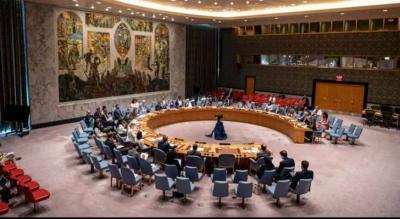Diplomats indicated today, Wednesday, that the United Nations Security Council's vote on a bid to enhance aid access to the Gaza Strip and to call for international oversight of humanitarian aid delivery in the Palestinian territory has been postponed once again at the request of the United States. A UN diplomat familiar with the negotiations told Reuters, "Negotiations are ongoing and need more time. A rushed vote does not seem likely to end well," referencing the possibility of the United States using its veto power against the resolution.
It was not immediately clear when a new date for the council's vote might be scheduled. The text, primarily drafted by the United Arab Emirates, aims to alleviate Israel's control over all humanitarian aid delivered to 2.3 million people in Gaza. Traditionally, Washington has protected its ally Israel from any measures taken by the United Nations.
U.S. Secretary of State Antony Blinken told reporters today, "We continue to work intensively and constructively with several countries to try to resolve some outstanding issues in this Security Council resolution." After more than a week of negotiations and several days of delaying the vote, diplomats noted that the United States is dissatisfied that the resolution calls for UN Secretary-General Antonio Guterres to establish a UN mechanism in Gaza "to have exclusive oversight of all humanitarian relief shipments provided to Gaza by land, sea, and air from countries that are not parties to the conflict."
Diplomats reported that Washington is also concerned about references to a ceasefire and the requests for Israel and Hamas to allow and facilitate "the use of all land, sea, and air routes leading to and throughout the Gaza Strip" to deliver humanitarian aid.
Currently, Israel monitors limited humanitarian aid and fuel shipments to Gaza through the Rafah crossing from Egypt and the Kerem Shalom crossing controlled by Israel. On Wednesday, the first aid convoy entered Gaza directly from Jordan carrying about 750 tons of food supplies. The World Food Programme states that half of the population in Gaza is experiencing famine, and only ten percent of the required food has entered Gaza since October 7.
The United States has already used its veto power twice against moves in the Security Council since the attacks carried out by Hamas on October 7, which Israel claims resulted in the deaths of 1,200 people and the capture of 240 hostages. Israel responded with airstrikes on Gaza, enforcing a blockade, and launching a ground assault. Approximately 20,000 Palestinians have been killed according to health officials in Hamas-run Gaza. Most people have been displaced from their homes, and UN officials and relief agencies are warning of a humanitarian disaster.
The United States and Israel oppose a ceasefire, believing it would only benefit Hamas. Instead, Washington supports a truce to protect civilians and allow for the release of hostages held by Hamas. Earlier this month, the 193-member United Nations General Assembly called for a ceasefire for humanitarian reasons, with 153 countries voting in favor of the move, which the United States vetoed in the Security Council days before.




